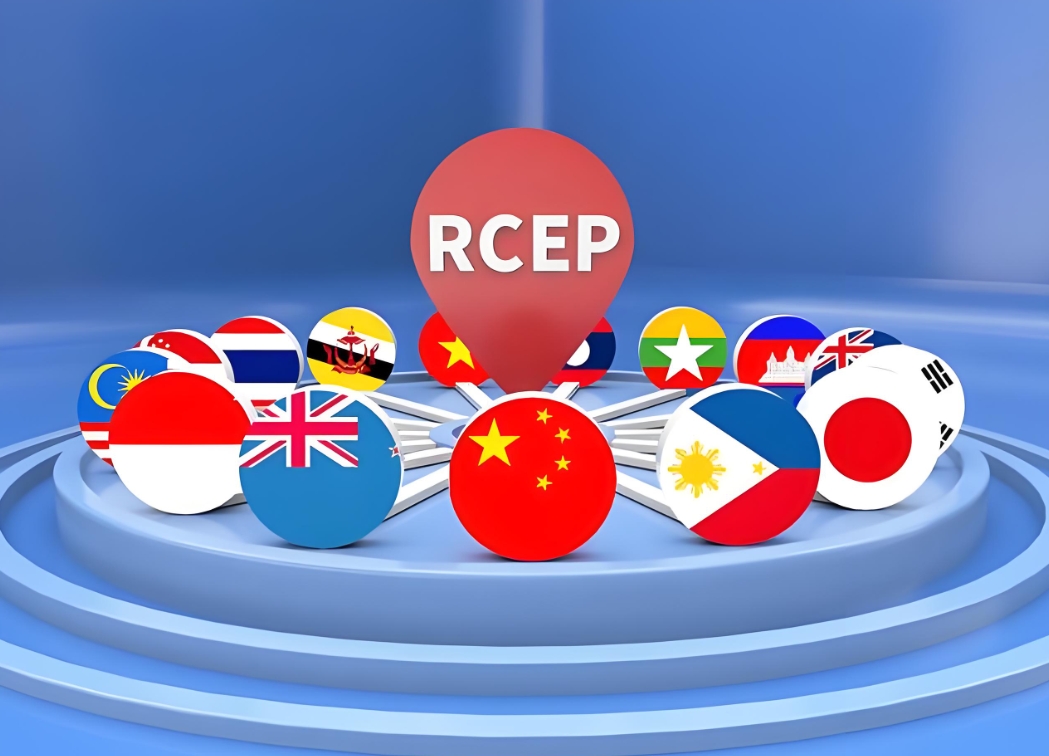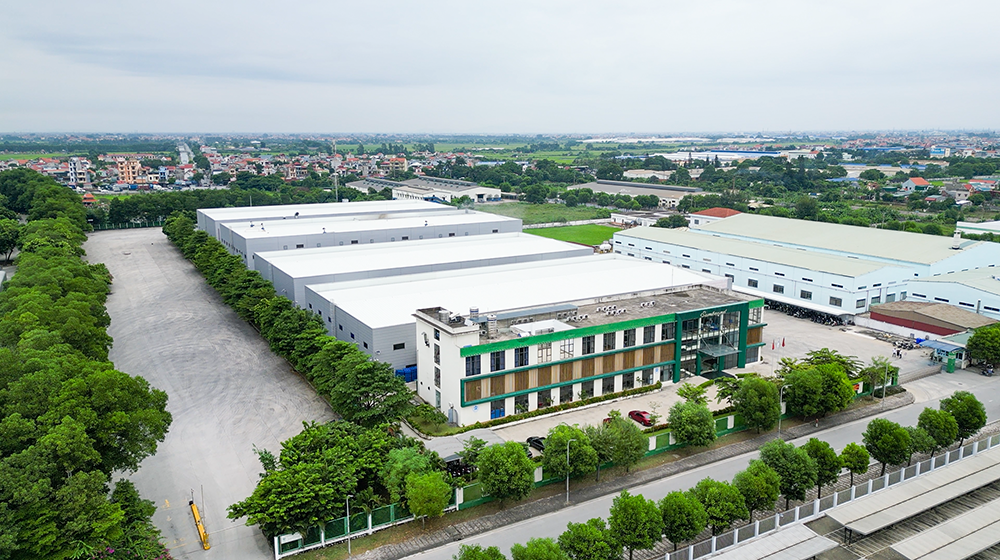Dongguan Worldbound Plastic Products Co., Ltd. (hereinafter referred to as "Worldbound"), a leading enterprise in the field of precision injection - molded parts, has, in recent years, relied on the policy dividends of the Regional Comprehensive Economic Partnership (RCEP) to accelerate its layout in the Southeast Asian market. It has built 5 injection - molding and die - casting factories in Vietnam and is constructing a new production base in Indonesia. This strategic layout not only optimizes the global supply chain but also significantly enhances the competitiveness of its products through RCEP's preferential tariff rules. The following analyzes Worldbound's core advantages from the perspectives of tariff policies and industrial chain collaboration.

RCEP brings direct cost advantages to Worldbound's Southeast Asian factories by phasing out or reducing tariffs on over 90% of goods among member states:
1.Export Tariff Reductions: Take Worldbound's main export product, plastic toys, as an example. Before the entry into force of RCEP, some products faced relatively high tariff rates in the Southeast Asian market (for instance, the initial tariff rate in the Japanese market was 3.9%). After RCEP came into effect, Japan's tariffs have been decreasing year by year and may be gradually reduced to zero. As an RCEP member, Vietnam also enjoys phased tariff reductions on its exports to other member states (such as Australia and New Zealand), and some products already have zero tariffs.
2.Optimized Import Raw Material Costs: Worldbound's factories in Vietnam and Indonesia can source raw materials (such as plastic pellets) from within the RCEP region. Thanks to the RCEP's origin accumulation rule, the regional procurement components can be cumulatively calculated. Once the origin criteria are met, they can enjoy import tariff reductions. For example, the tariff rate for precision mold parts imported by the Vietnamese factory from Japan has been reduced from 12% to 6% with the RCEP certificate, further reducing production costs.

RCEP allows enterprises to flexibly allocate production capacity within the region and maximize tariff preferences through the origin accumulation rule, which is crucial for Worldbound's transnational production network:
1.Multi - Country Production Collaboration: Worldbound's factories in Vietnam can undertake the production of technology - intensive components and mold manufacturing from its Dongguan headquarters, while the new factory in Indonesia can take advantage of the local labor cost to conduct assembly. The final products can be exported to markets such as Japan and South Korea with an RCEP origin statement, enjoying lower tariffs or even zero tariffs.
2.Autonomous Origin Statements: As a "certified exporter" recognized by the customs, Worldbound can issue origin statements independently without applying for certificates for each shipment. This significantly shortens the customs clearance time and reduces administrative costs. Data from Dongguan Customs shows that the export efficiency of such enterprises has increased by more than 30%.
Dongguan Customs' RCEP - specific services have provided multiple supports to Worldbound:
1.Intelligent Review and Self - Printing: Worldbound can apply for origin certificates online through the "Single Window," achieving "instant review upon submission." The certificate review time has been compressed to minutes, ensuring the delivery timeliness of orders.
2.Customized Preference - Enjoying Plans: The customs, based on Worldbound's industrial chain characteristics, guides it to compare the tariff differences among different free trade agreements (such as the China - ASEAN Agreement and RCEP) and select the optimal plan. For example, soybean meal exports to Vietnam have achieved zero tariffs through RCEP, while they could not enjoy such preferences before due to origin rule restrictions.
Since the implementation of RCEP, Dongguan's proportion of imports and exports to RCEP member states has exceeded 30%, making it the largest trading market. Leveraging the policy dividends, Worldbound's export value eligible for preferential treatment has increased significantly in the first quarter of 2024, and it is expected that the annual tariff reduction will reach several million yuan. In addition, the "local production + regional sales" model of the Vietnamese factory can quickly respond to the needs of Southeast Asian customers. Coupled with tariff advantages, it further attracts high - end market orders from Japan, South Korea, and other countries.

RCEP provides institutional guarantees for Worldbound Plastics' layout in Southeast Asia. Through the triple empowerment of tariff reductions, supply chain optimization, and customs clearance facilitation, the enterprise can strike a balance between cost control and market response. In the future, with the commissioning of the Indonesian factory, Worldbound will deepen regional industrial chain collaboration, continuously release the policy dividends of RCEP, and provide more cost - effective solutions for global customers.
(Note: The data and policy basis of this article are from public customs information and enterprise practice cases. For specific tariff details, please consult the local customs or professional institutions.)
Copyright © 2023 :Worldbound Plasitc Products Co.Ltd